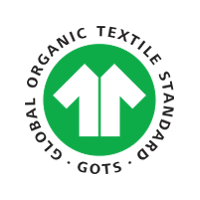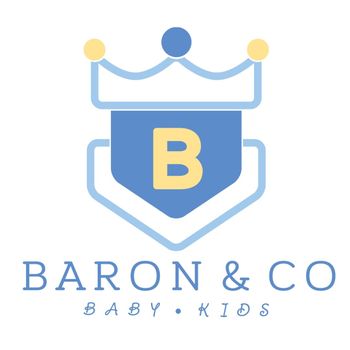STANDARD 100 by OEKO-TEX® is one of the world's best-known labels for textiles tested for harmful substances. It stands for customer confidence and high product safety.
It is a worldwide consistent, independent testing and certification system for raw, semi-finished, and finished textile products at all processing levels, as well as accessory materials used. To obtain a OEKO-TEX Standard 100 certification, the textile needs to be free from more than 100 substances known to be harmful to human health.
Articles that fall within the scope of STANDARD 100 by OEKO-TEX® certification include raw and dyed/finished yarns, woven and knitted fabrics, accessories, such as buttons, zip fasteners, sewing threads or labels, ready-made articles of various types, such as all kinds of garments, domestic and household textiles, bed linen and terry products.
ECO PASSPORT by OEKO-TEX® is an independent testing and certification system for chemicals, colourants and auxiliaries used to manufacture textiles.
A three-stage verification process analyses whether the chemical products and each individual ingredient meet specific requirements with regard to sustainability, safety and compliance with statutory regulations.
Products passing the requirements of the ECO PASSPORT by OEKO-TEX® certification and will be entered into the OEKO-TEX® buying guide which is the OEKO-TEX® central sourcing platform of pre-certified articles and materials; means they have meet the requirements for sustainable textile production.



The Global Organic Textile Standard (GOTS) is the world's leading textile processing standard when it comes to organic fibres and considered the highest standard in the world. It defines high-level environmental criteria along the entire organic textiles supply chain and requires compliance with social criteria. GOTS Certification is the highest standard in the world.
GOTS stands alone in its stringent requirements for both environmental and human safety throughout the supply chain. In order to be certified, textiles must contain a minimum of 70% certified organic natural fibres.
All chemical inputs such as dyes and auxiliaries used must meet a set of environmental and toxicological criteria along with waste water management treatment plan for any wet processing involved. The choice of accessories is limited in accordance with ecological aspects.
A textile product that is carrying the GOTS label "organic" must contain a minimum of 95% certified organic fibre where a product carrying the GOTS label "made with organic" must contain a minimum of 70% certified organic fibre.
GOTS was developed by leading standard setters to define world-wide recognised requirements for organic textiles. From the harvesting of the raw materials, environmentally and socially responsible manufacturing to labelling, textiles certified to GOTS provide a credible assurance to the consumer.
GOTS certification covers the whole textile process include fair labour practices (no child labour!) and the assurance that there is no known toxic substances used as part of the manufacturing process and therefore safe for humans.




